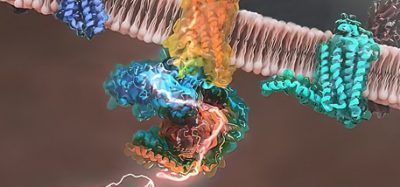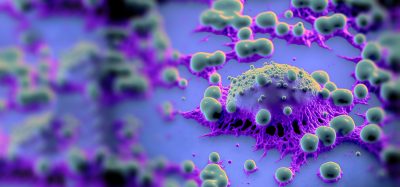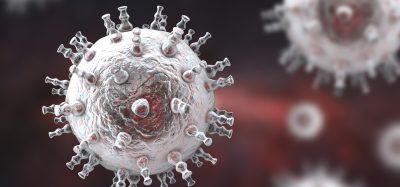Two novel molecules to potentially combat asthma discovered
Posted: 26 January 2021 | Victoria Rees (Drug Target Review) | No comments yet
Researchers have discovered that giving L-tyrosine and PCS to mice prevents lung inflammation and an allergic asthma response.

A study on how the immune system impacts gut bacteria has led to the discovery of two molecules that can provide protection in experimental models of asthma and also substantially reduce the severity of an attack. The study was conducted at Monash University, Australia.
According to the researchers, neither of these molecules, one of which is already commercially available as a dietary supplement, were previously known to have an effect on asthma. The researchers found, through studying literature, that these metabolites are present in higher amounts in two studies of children without asthma compared to those with the disease.
While it is known that gut bacteria have an effect on the immune system, the team say that how the immune system influences the gut microbiome has to date been under studied.
Studying a mouse with a limited immune system, consisting of a single type of antibody, the researchers found the gut microbiome was changed. By transferring these gut bacteria into ‘normal’ mice they could identify which bacteria had an impact on the mouse immune system.
The researchers found that the production of a particular gut bacteria by-product, called p-cresol sulfate (PCS), led to a “profound and striking protection against asthma.” They discovered that the PCS was produced by enhanced bacterial metabolism of L-tyrosine a well-known amino acid found in dietary supplements aimed at improving attention and alertness.
They found that giving mice either L-tyrosine or PCS, provided significant protection against lung inflammation. PCS travels from the gut to the lungs and acts on epithelial cells lining the airways to prevent the allergic asthma response.
The researchers also tested the metabolites in animal models of acute respiratory distress syndrome (ARDS) and found it to be protective. ARDS is a common killer of people with serious COVID-19.
While L-tyrosine has a long history of use in the clinic, as mentioned in dietary supplements, its potential use as a therapy could be fast tracked into clinical trials because it is known to be safe. Lead author of the study, Professor Benjamin Marsland, commented: “It is very important that a thorough clinical study is performed in order to determine whether L-tyrosine is effective in people with asthma and for us to determine what is the correct dose and treatment regime.”
PCS however is known to be in high levels in people with chronic kidney disease and it is suspected to be toxic because of these patient’s inability to clear it. The research group has started developing a form of PCS that is a potent protector against asthma without the potential toxic side effects.
The scientists have also found that inhaling PCS provides a direct protective effect against lung inflammation, opening the way for a novel inhaled preventive therapy.
The study was published in Nature Immunology.
Related topics
Drug Development, Drug Discovery, In Vivo, Research & Development, Target Molecule, Target Validation, Therapeutics
Related organisations
Monash University
Related people
Professor Benjamin Marsland







